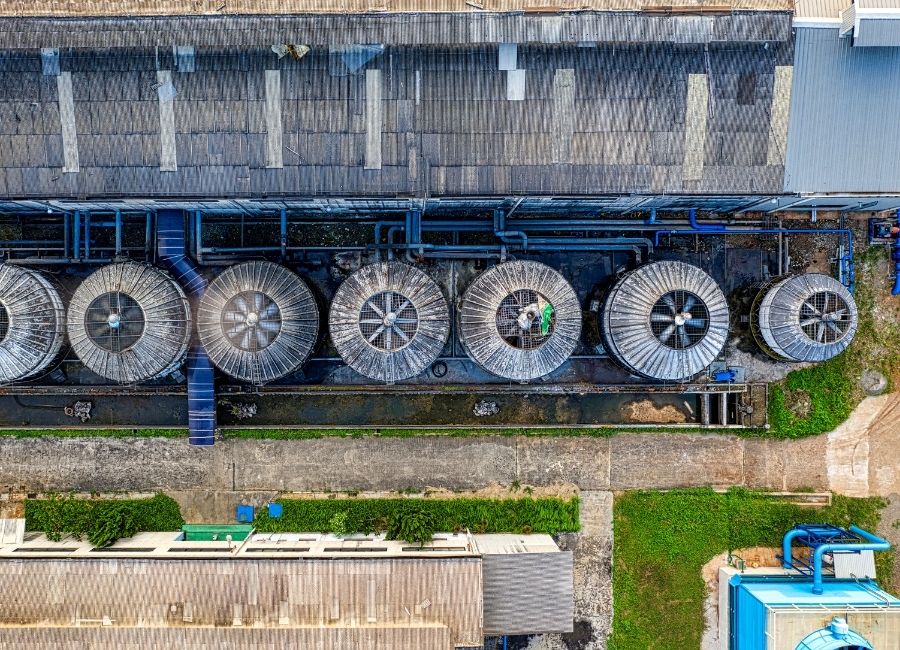The increasing need for rapid, reliable, and environmentally responsible wastewater treatment has pushed many industries and communities to reconsider traditional centralized solutions. As demands evolve, flexible systems capable of being deployed quickly and adapted to diverse conditions have become essential. Among the most influential advancements in this area are mobile, container-based, and modular treatment units, each offering a unique response to modern water management challenges. These systems support both temporary and long-term operations, making them valuable across construction sites, remote locations, emergency zones, and industrial facilities.
A major breakthrough in the sector has been the Mobile Wastewater Treatment Unit. Designed for rapid transportation and installation, this solution is especially beneficial for operations requiring immediate treatment capacity. Emergency response teams can deploy mobile units within hours after events such as floods or earthquakes, ensuring that wastewater does not contaminate local environments during critical moments. Their ability to function without extensive civil engineering work significantly reduces delays and keeps sanitation systems operational even in disrupted areas.
Beyond emergency settings, mobile treatment systems have proven vital for industries experiencing fluctuating or seasonal wastewater volumes. Mining operations, event venues, and construction projects often generate inconsistent wastewater flows. Instead of building oversized permanent plants, organizations can deploy mobile systems only when needed, reducing costs and increasing operational flexibility. The portability and pre-assembled nature of these units allow them to deliver reliable performance in locations where traditional infrastructure is unavailable or impractical.
In contrast, container-based solutions provide a more robust and structurally protected alternative. The Containerized Wastewater Unit integrates complex treatment components within a standardized shipping container, ensuring both security and convenience. These systems are ideal for remote communities, island regions, military bases, and industrial zones requiring durable, compact, and long-lasting treatment solutions. Their compatibility with global logistics networks enables straightforward transportation by ship, rail, or truck, greatly simplifying deployment across regions with limited infrastructure.
Containerized systems also offer a controlled environment for sensitive processes such as biological treatment, filtration, chemical dosing, and disinfection. Insulation, ventilation control, and climate management make them suitable for extreme climates ranging from arid deserts to polar environments. Their structured internal layout helps technicians perform maintenance efficiently, ensuring consistent treatment quality over long periods. Additionally, industries such as pharmaceuticals, food processing, and petrochemicals often rely on containerized systems due to their ability to maintain strict compliance with environmental discharge standards.
As long-term sustainability becomes a worldwide priority, modular wastewater systems offer flexibility that grows alongside populations and operational demands. A Modular Wastewater Treatment Unit consists of several interconnected modules that can be expanded or adapted as treatment requirements change. This makes modular systems ideal for municipalities, industrial parks, eco-resorts, and agricultural operations that expect gradual increases in wastewater volume. Instead of constructing a full-scale plant in advance, organizations can invest gradually, adding modules as demand rises, which helps control costs and reduce underutilized infrastructure.
One of the greatest advantages of modular systems is their customizability. Modules can be configured to handle various processes such as primary clarifying, biological treatment, membrane filtration, nutrient removal, or final polishing. This adaptability enables system owners to meet evolving environmental regulations without replacing the entire treatment facility. As new technologies or efficiency improvements become available, modules can be upgraded or swapped with minimal disruption. This ensures long-term relevance and supports eco-friendly initiatives such as water reuse, energy efficiency, and reduced chemical consumption.
The global shift toward decentralized wastewater treatment has been shaped significantly by these three advanced system types. Centralized sewer networks and treatment plants require extensive water transport infrastructure, which is expensive to build and maintain. They are also vulnerable to disruptions caused by natural disasters, aging pipelines, or population growth beyond capacity limits. Decentralized systems bring treatment technologies closer to wastewater sources, minimizing pipeline needs and reducing the risk of system-wide outages. This localized approach improves energy efficiency, lowers transportation costs, and allows for immediate reuse of treated water on-site.






